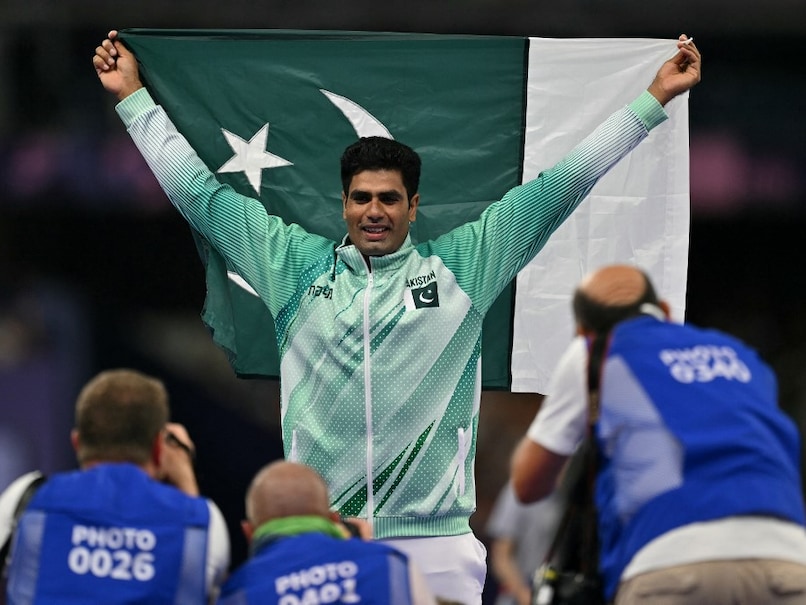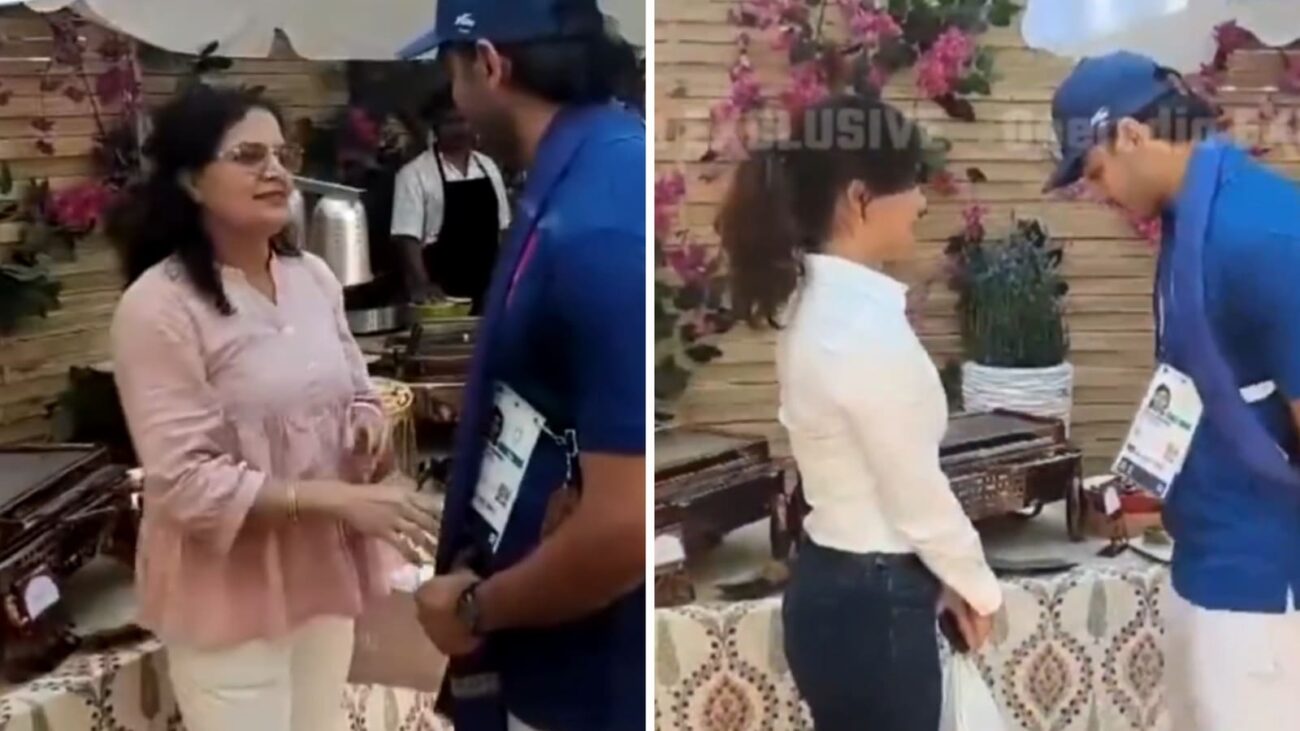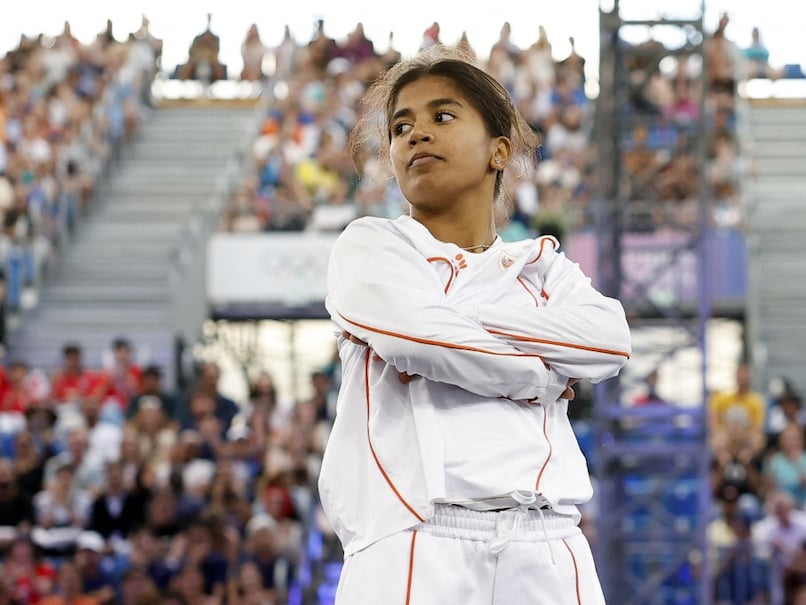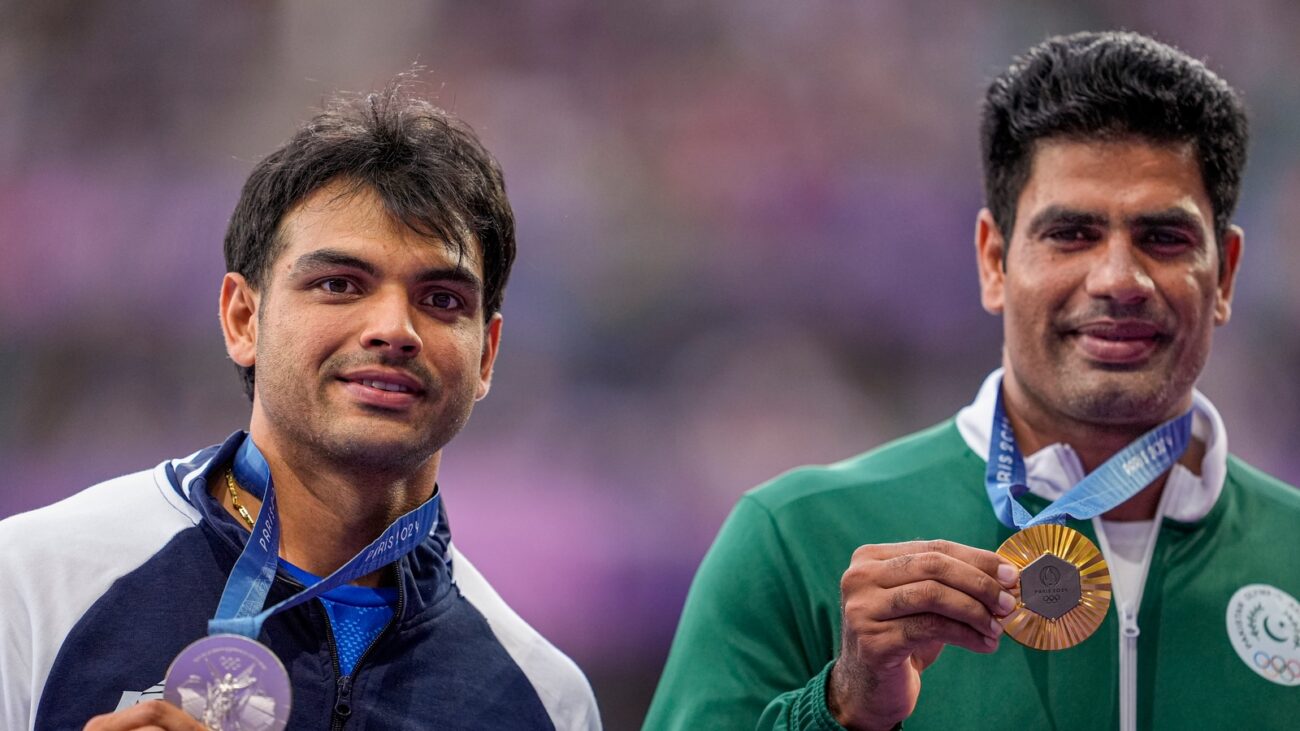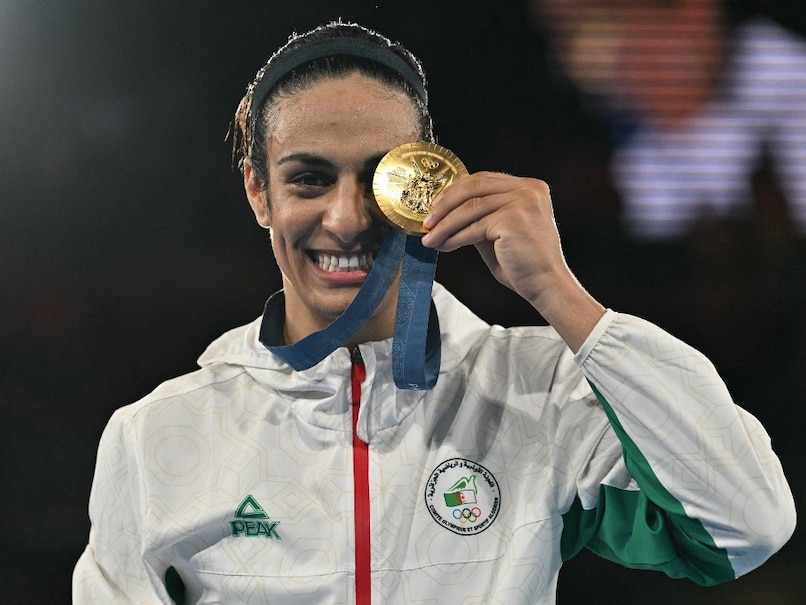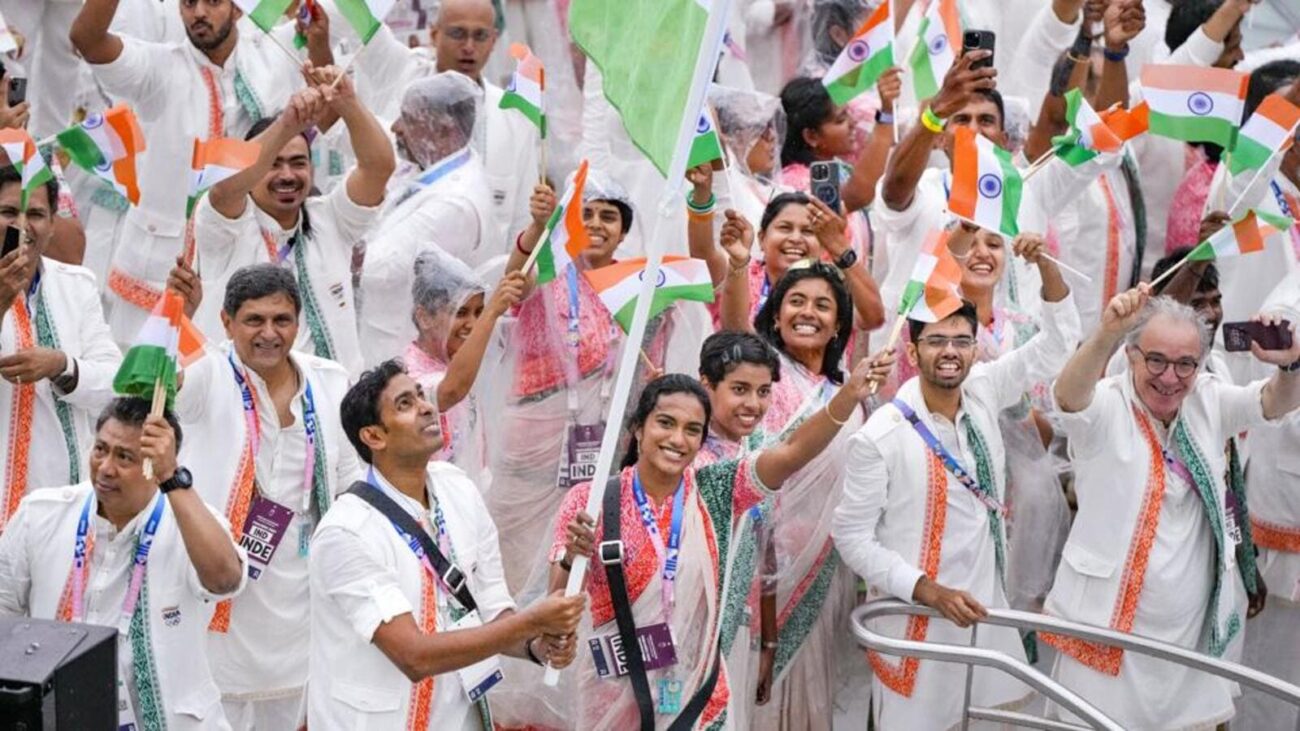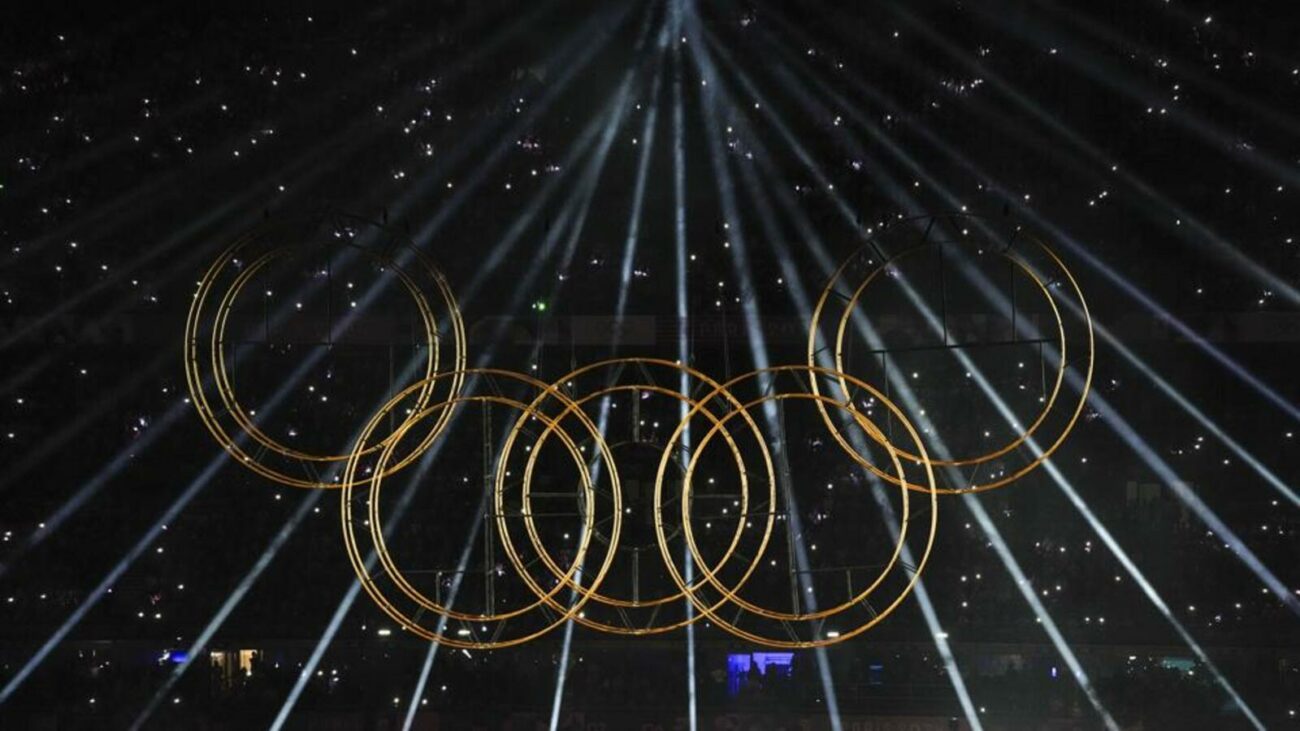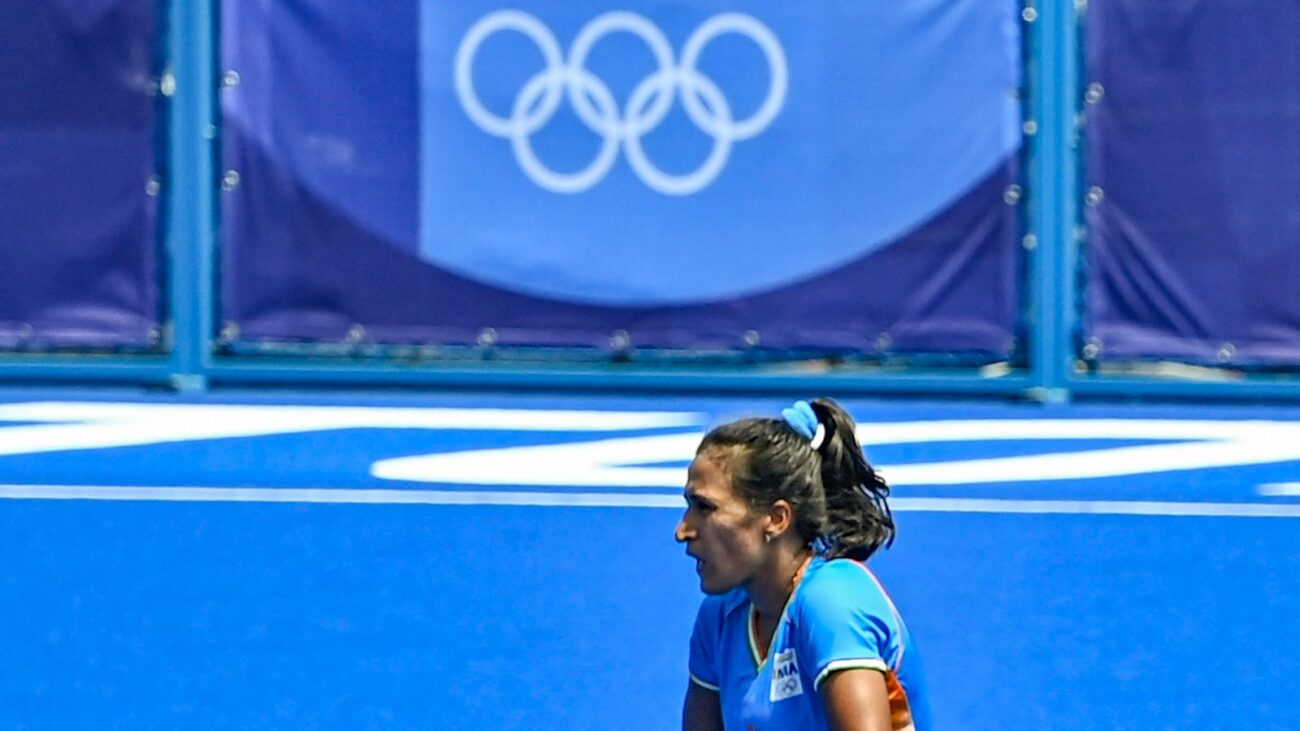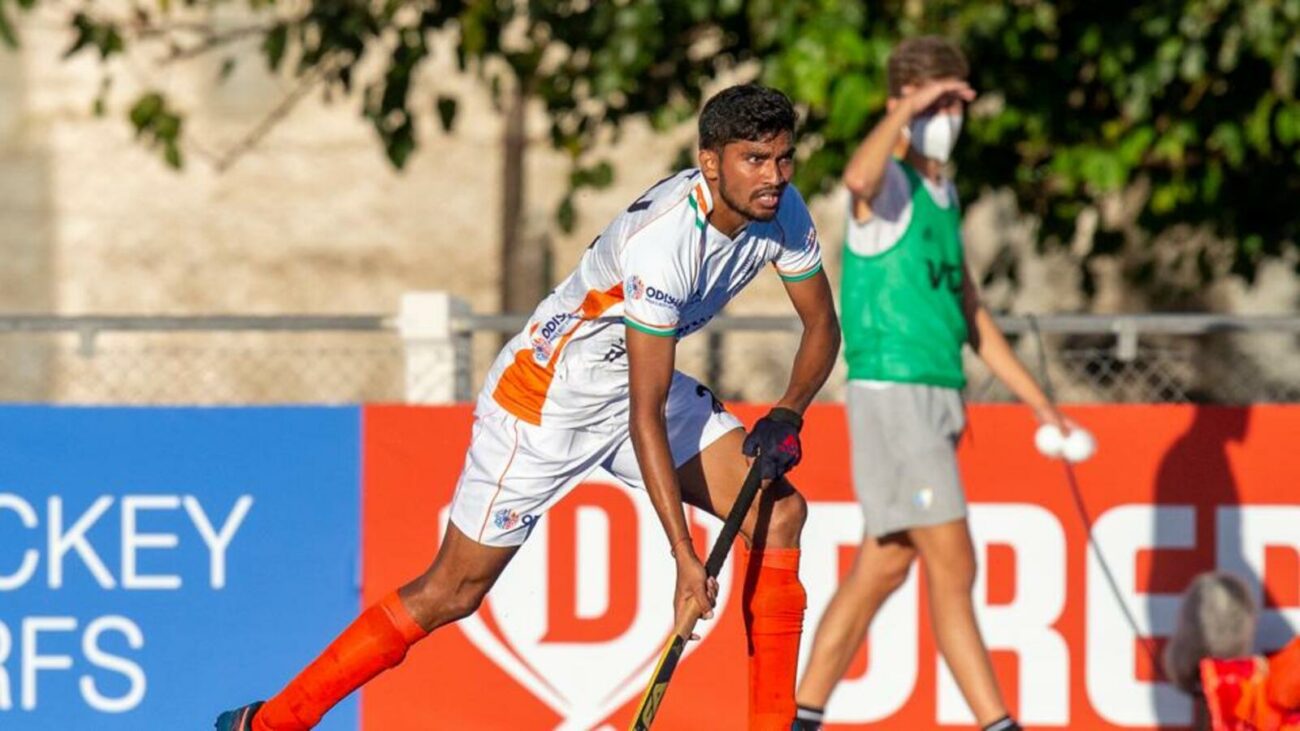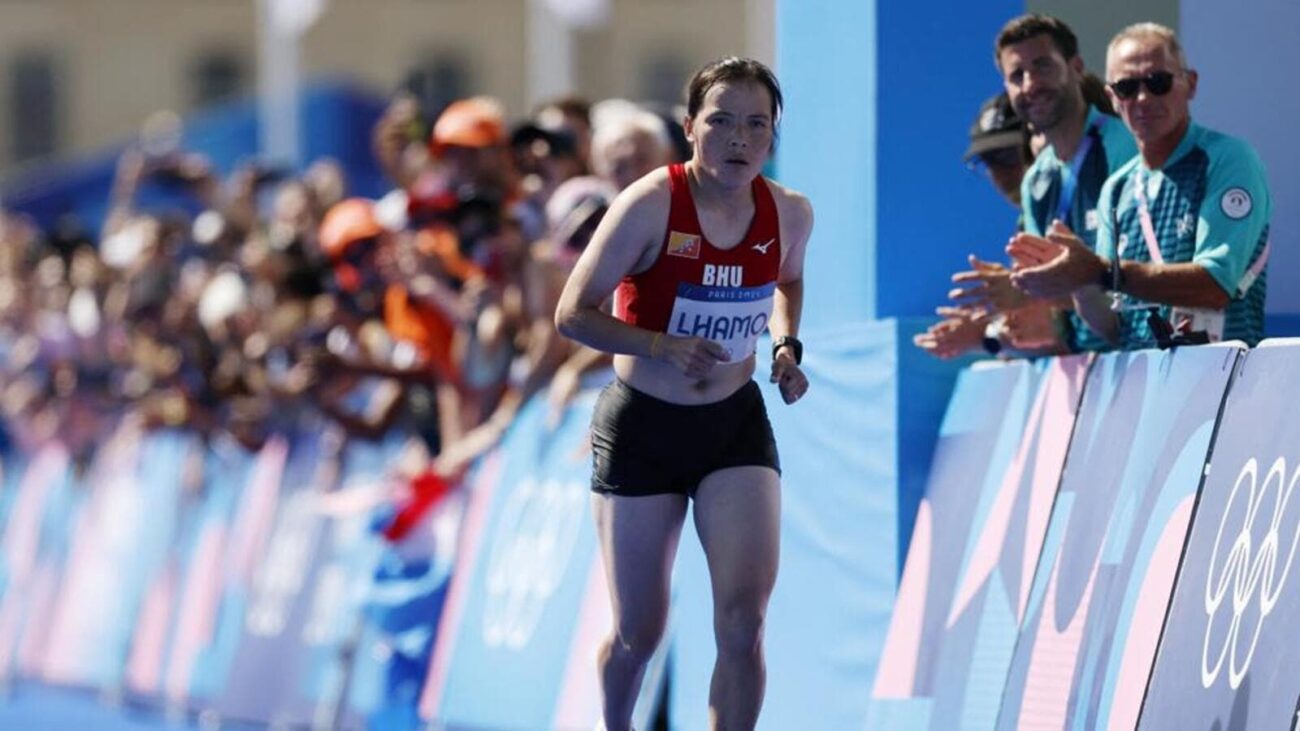Pakistani Javelin Thrower Arshad Nadeem Wins Historic Olympic Gold
Pakistani athlete Arshad Nadeem has etched his name in history by clinching the gold medal in the Men’s Javelin Throw event at the Paris Olympics 2024. His triumph marks a significant milestone for Pakistan, as he becomes the country’s first individual gold medalist at the Olympics.
Nadeem’s journey to the Olympic podium was not without its challenges. Born to a construction worker, he faced financial hardships while growing up. However, his unwavering determination and the support of his family and sponsors propelled him to success.
One of Nadeem’s key supporters has been the Multan Sultans franchise of the Pakistan Cricket League. Owner Ali Tareen revealed that his company provided Nadeem with a regular income to alleviate his financial concerns and allow him to focus on his training.
Nadeem’s victory has sparked widespread celebration in Pakistan. The Chief Minister of Punjab, Maryam Nawaz, has announced a reward of PKR 100 million, while the Chief Minister of Sindh has pledged PKR 50 million. Other notable figures, including singer Ali Zafar and cricketer Ahmad Shahzad, have also contributed to the rewards.
The total amount of rewards that Nadeem is set to receive exceeds PKR 150 million (approximately INR 4.5 crore and USD 538,000). This financial windfall will provide Nadeem with financial security and enable him to continue his athletic pursuits.
Nadeem’s triumph is a testament to the power of perseverance and the importance of support. His story serves as an inspiration to aspiring athletes and a reminder that with hard work and determination, anything is possible.

